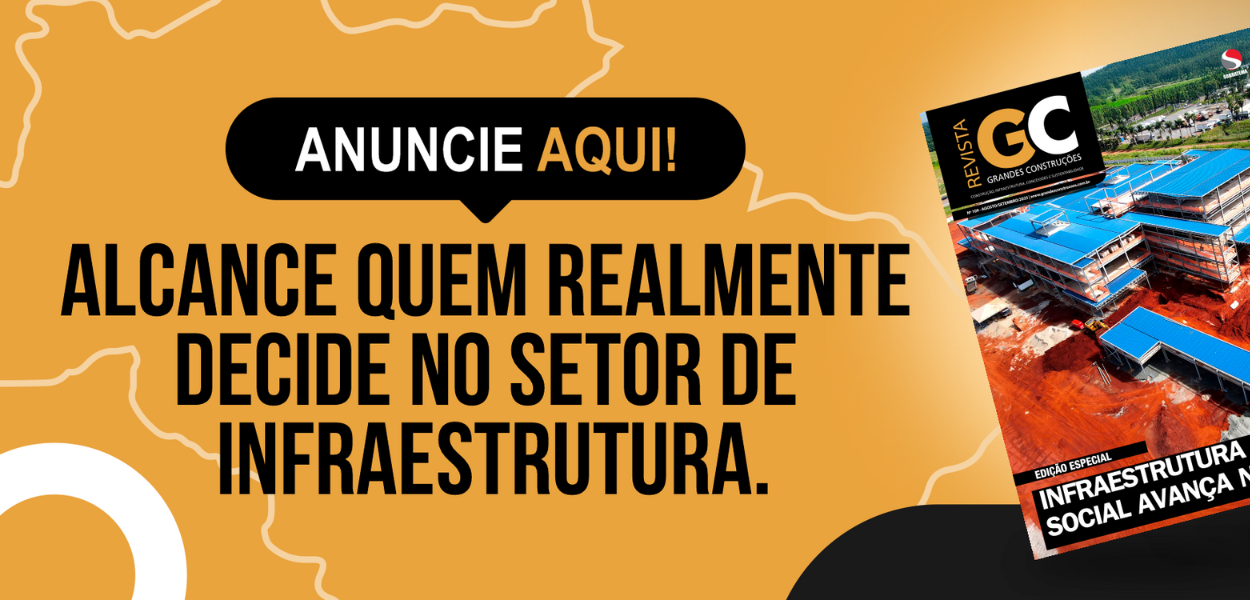Sanitation: 18 states confirm theirinterest in concessions and PPPs

BNDES will work as the project office of State Governments, contracting consultantsfor diagnosis of the situation in each state, technical studies and proposals of appropriate modeling for each case.
With the purpose of developing projects of partnership with private initiative to carry out investments in water supply and sewage collection, looking for the universalization of such services, 18 Brazilian states filed in the BNDES their decision of participating in the Programof Partnership in Investments (PPI) from the Federal Government. The Bank is the driver of the process of concessions and other ways of asset detachment of the PPI. It will work on structuring projects to attract private initiative, to identify opportunities and to carry out the process from studying and modeling to the signature of concession contracts between state governments and concessionaires.
The states are: Acre, Alagoas, Amapá, Amazonas, Bahia, Ceará, Maranhão, Pará, Paraíba, Paraná, Pernambuco, Piauí, Rio de Janeiro, Rio Grande do Norte, Rondônia, Santa Catarina, Sergipe and Tocantins. Three of them — Rio de Janeiro, RondôniaandPará — already had their projects included in the first meeting of the PPI Board, carried out in September. BNDES will present the 15 new proposals to the PPI Board in its next meeting.
The Bank will work as the project office of State Governments, contracting consultants for the diagnosis of the situation of each state, technical studies and proposal of models that best fit each case. Once the modeling is defined,—by mutual agreement with each state—BNDES will continue to support the process until carrying out the concession auction or another way of partnership with private initiative.
The public notice of technical and legal pre-qualification for entitlement of specialized consultants who are interested in carrying out technical studies for sanitation projects which are partof the PPI was already issued. The qualified companies will be able to compete in the auctions which will be carried out by the BNDES to contract the technical studies that will be carried out for each state that joins the program.
This qualification has the purpose of service rendering for economic and financial modeling, development of engineering studies referred to watersupply and sewage collection systems and development of legal support, according to technical qualification criteria of each expertise.
The pre-qualification intends to bring operational flexibility to carry out several auctions when contracting studies referred to the projects of each state that will be carried out by the Bank. It is expected to reduce the bidding time since it will be unnecessary to carry out again in each bidding the phase of technical qualification for consultant contracting, since the technical quality was previously verified.
The policy of BNDES for the industry allows financing of up to 80 percent of the project with long-time interest rate (TJLP) and deadlines up to 20 years. These conditions will stimulate private investment and reflect the commitment of the BNDES with an area that is essential to improve the population’s quality of life and to reverse environmental degradation.
Universalization
The program of state concessionsin the area of sanitation is a priority agenda of the Federal Government due to the necessity of service universalization and the consequent positive impacts in health, school and work productivity, recovering of waterways, tourism, economic activity and job generation.
The quality of these services worsens mainly in the neediest communities. Among the consequences of the sanitation deficit are the spreading of diseases, with the compromise of healthy development, and higher costs of the public system, overcharging the attendance in the units and other public services.
To show the benefits that may be generated from the universalization of sanitation services, a study carried out by theInstitutoTrataBrasil estimated—considering a 30-year deadline—in R$ 31 billion the present value of these benefits only in the municipalities around the Guanabara Bay. From this total, R$ 23 billion are referred to increase in estate value, R$ 8 billionto the reduction of health expenditures and increase in work productivity and more R$ 1 billion to tourism. For the state ofRondônia, these benefits were estimated in approximately R$ 4 billion, being R$ 3 billion due to increase in estate value and R$ 1 billion due to the reduction of health expenditures, increase in productivity and tourism.
According to data of the Sistema de InformaçõessobreSaneamento (SNIS), sanitation companies of the 18 states are present in 2294 municipalities, rendering services to approximately 90 million inhabitants. In these states, approximately 17 million persons are not attended by water supply services, 65 million have no access to sewage collection and 74.6 million do not have its sewage treated. This shows the huge potential impact of the program.

Av. Francisco Matarazzo, 404 Cj. 701/703 Água Branca - CEP 05001-000 São Paulo/SP
Telefone (11) 3662-4159
© Sobratema. A reprodução do conteúdo total ou parcial é autorizada, desde que citada a fonte. Política de privacidade










